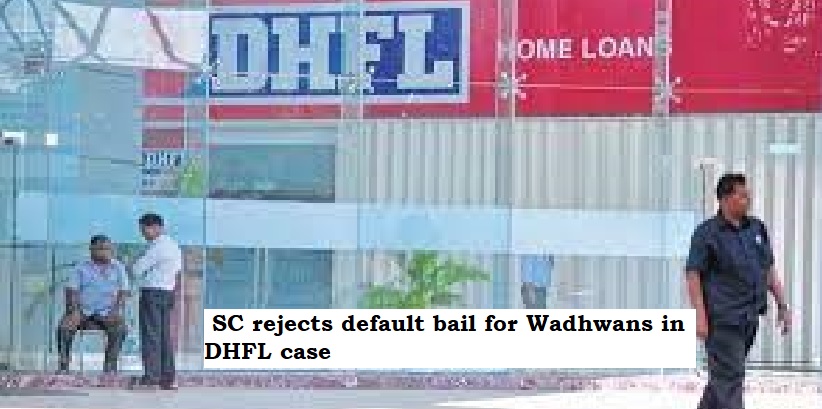


On January 24, the Supreme Court overturned the default bail granted to Kapil Wadhawan and Dheeraj Wadhawan, promoters of DHFL, in connection with an alleged multi-crore loan scam. The bench, consisting of Justices Bela Trivedi and Ujjal Bhuyan, rejected the argument that the Wadhawans could claim default bail due to the ongoing investigation against other accused.
The court dismissed the concurrent findings of both the High Court and the Trial Court. The justices emphasized that the respondents could not assert the statutory right of default bail under Section 167(2) of the Cr.P.C. on the grounds that investigations against other accused were still pending. The bench made its position clear, stating that since the charge sheet had been filed within the prescribed time limit, and cognizance had been taken by the special court for the alleged offenses committed by the respondents, claiming default bail was not permissible.
The trial court had initially granted default bail to the Wadhawans after considering the relevant materials on record. It noted that the charge sheet filed by the CBI appeared incomplete and was being used as a ploy to thwart the statutory right of default bail under Section 167 Cr.P.C. The Supreme Court, however, rejected this argument, emphasizing that the filing of the charge sheet within the stipulated time frame made the respondents ineligible for default bail, regardless of the perceived incompleteness.
In the context of this case, it's important to refer to the Supreme Court's judgment in April 2023, which cautioned trial courts against granting default bail based solely on incomplete charge sheets. The court underscored the need for a comprehensive evaluation of the circumstances before allowing such bail.
The FIR against Kapil Wadhawan and Dheeraj Wadhawan was lodged under Sections 120B, 409, 420, and 477A of the IPC, along with 13(2) read with 13(1)(d) of the PC Act, 1988 (as amended in 2018). The complaint, filed by the DGM of Union Bank of India on behalf of a consortium of 17 banks against Diwan Housing Finance Corporation Ltd. (DHFL), alleged that the Wadhawans engaged in a criminal conspiracy with unidentified individuals. This conspiracy aimed at deceiving and inducing a consortium of 17 banks led by Union Bank of India to sanction substantial loans amounting to approximately Rs. 42,000 Crores.
The Supreme Court's decision to set aside the default bail for the DHFL promoters underscores the importance of adhering to statutory timelines and conducting a thorough examination of the circumstances before granting such reliefs. The ruling establishes a precedent that default bail cannot be claimed solely on the basis of incomplete charge sheets or ongoing investigations against other accused. It emphasizes the need for a holistic interpretation of the legal provisions to ensure that justice is served without compromising the integrity of the legal process.
TAGS: Supreme Court default bail DHFL case Kapil Wadhawan Dheeraj Wadhawan loan scam High Court Trial Court statutory right Section 167(2) of Cr.P.C